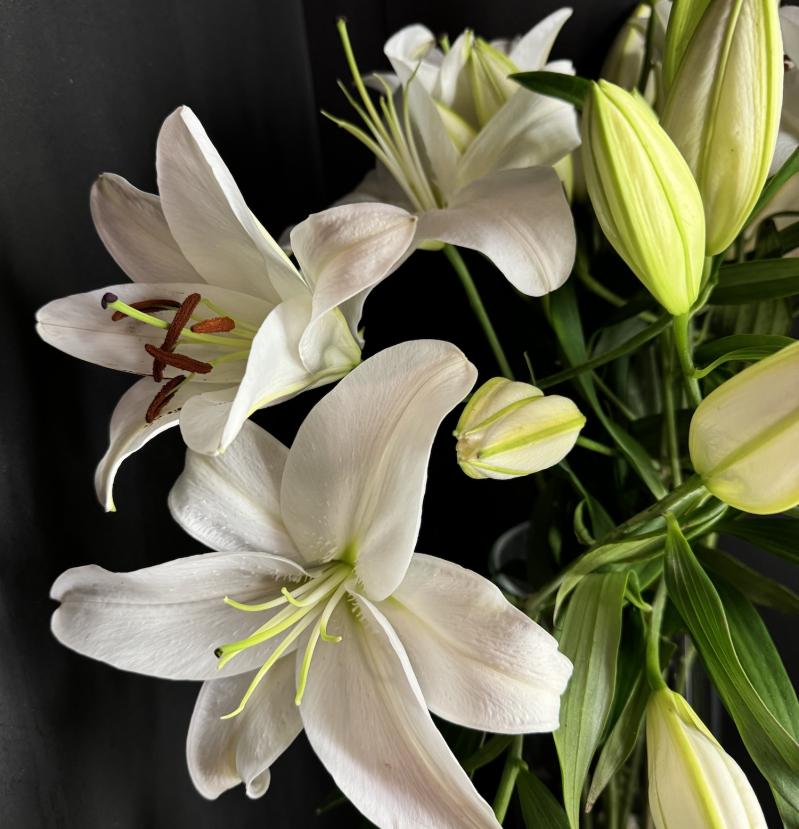In a 2021 survey, the National Funeral Directors Association revealed that only 36 percent of adults have ever had a conversation with loved ones ahead of time about what they want to have happen when they eventually die. Considering it's inevitable, the experts say that pre-planning for your own "final expenses" is one way to ease your loved ones' grief when it finally occurs. The Star asked a local expert, Ken Yardley of the Yardley and Pino Funeral Homes, for his take on funeral pre-planning. Here's what he had to say.
E.H.S.: The phrase "final expenses" is used a lot in speaking about funerals. What exactly does this mean? Can you break down the types of expenses that fall under this umbrella term?
K.Y.: The term "final expenses" is a general term used to describe the costs associated after death with someone's "final wishes." That would be the costs regarding funeral expenses, cemetery expenses, cremation fees, church/synagogue fees, etc. Since there are many different versions of what people expect to have take place after death, it may be slightly different for everybody, depending on those instructions.
E.H.S.: How does one go about starting the pre-planning process?
K.Y.: The process is started by either phone, email, or in person, and can be as simple as a short conversation with some questions being answered or can go as far as specifically making a meeting in person. It would depend on how far and specific someone wants to get with those plans.
E.H.S.: Are there significant price differences in the options available, such as cremation versus burial? What natural burial options are out there?
K.Y.: Costs are dependent upon what a person wants to have take place, whether viewing or no viewing, clergy or no clergy, [or] visiting hours or not visiting. Natural/green burials are common with either just graveside prayers/services being held. There are many options regarding cremation and urns, with many urns being made specifically to naturally break down over time either by immersion in water or burial in a cemetery. They are made out of clay, salt, paper, et cetera, for that process to take place as easily as possible.
E.H.S.: What, if any, are the myths and misconceptions around this type of end-of-life planning?
K.Y.: The myth, if any, is that the plans have to be the same as what someone may have been used to in the past with either family members' deaths or friends'. With pre-planning, you are able to choose exactly what you want if you are the one doing the choosing.
E.H.S.: What are the pros and the cons of pre-planning final expenses?
K.Y.: I do not see any cons in pre-planning one's own final plans. Once completed, as long as the planning process eventually gives peace-of-mind to the person doing the planning, then it would be a success. The biggest pro would be for someone to have accomplished what would have been left to others that they instead had done themselves.
E.H.S.: How does pre-planning funeral expenses help an individual, and his/her family too, in the long run?
K.Y.: All surviving family members, I believe, would agree that those plans should and would be followed. And it certainly takes the burden of doing that off of them.

